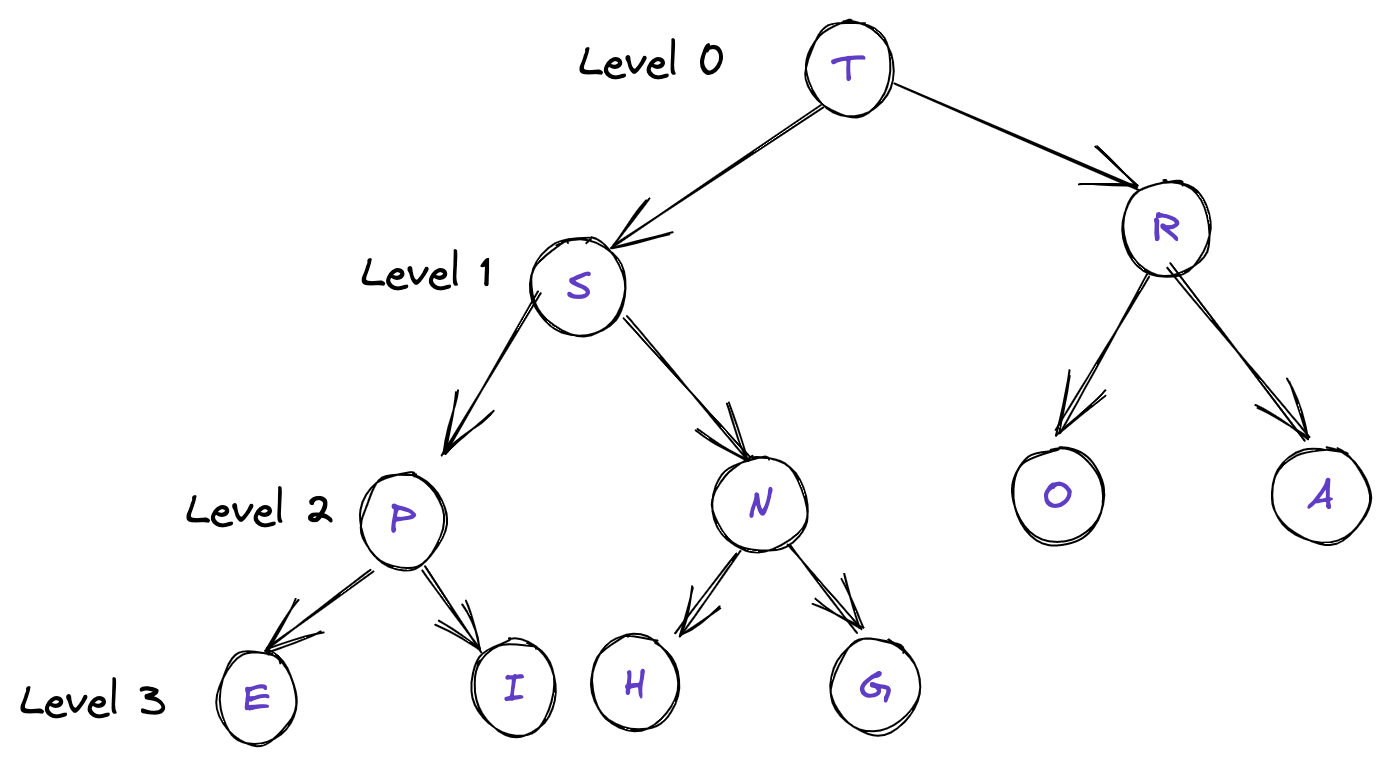Implementing Heap in TypeScript
Priority Queue is an extension of queue with following properties:
- Every item has a priority associated with it.
- An element with high priority is dequeued before an element with low priority.
- If two elements have the same priority, they are served according to their order in the queue.
A typical priority queue supports following operations:
insert(item, priority): Inserts an item with given priority.getHighestPriority(): Returns the highest priority item.deleteHighestPriority(): Removes the highest priority item.
Applications of Priority Queue:
- CPU Scheduling
- Graph algorithms like Dijkstra’s shortest path algorithm, Prim’s Minimum Spanning Tree, etc
- All queue applications where priority is involved.
- Data Compression (Huffman codes)
- Find the largest M items in a stream of N items.
Ways to implement Priority Queue:
- Arrays - Insertion and Deletion is expensive in order to maintain the priority.
- LinkedList -> Same as array, but deletion is fast.
- Binary Heap -> Best
Binary Heap (Min Heap or Max Heap)
- Based on the
idea = 10of Complete Binary Tree. - Binary Tree: Empty or Nodes to left and right binary tree.
- Complete Binary Tree: Perfectly Balanced, except for the bottom level and the bottom level has all keys as left as possible.
- Perfectly Balanced, except for Level 3
- Height of a Complete Binary Tree of N node is Log N. In the shown tree, there are 9 nodes ==> Log 9 = Log 3^2 = 2 Log 3. (3 Levels)

Implementation: Array representation of the heap ordered complete binary tree.
Heap Ordered Binary Tree:
- Keys in nodes.
- Parent's key is greater than children's keys. This is important.
Properties of Binary Heap:
- Largest key is arr[1], which is the root of the binary tree.
- Parent of node at 'k' index is at k/2 index. (It's integer divide. No floats)
- Children of a node 'k' are at index '2k' and '2k + 1', given we start indexing from 1 instead of 0.
Consider this array:
index 0, 1, 2, 3, 4, 5, 6, 7, 8, 9, 10, 11 arr[index] [_, T, S, R, P, N, O, A, E, I, H, G]

What's the parent of H & G?
Parent of node at 'k' is at k/2. Here k = 10(H), so parent will be at 10/2 = 5. Element at index 5 is N, which is correct!
So, we don't need actual tree to represent these data structures. Array indices are sufficient.
Time complexity for building a Binary Heap is O(N). Read more about the complexity here
Implementation
type Comparator<T> = (a: T, b: T) => number class Heap<T> { items: T[] comparator: Comparator<T> constructor(list: T[], comparator: Comparator<T>) { this.items = list || [] this.comparator = comparator this.buildHeap() } buildHeap(): void { for (let i = Math.floor(this.size() / 2) - 1; i >= 0; i--) { this.moveDown(i) } } moveDown(curIdx: number): void { const lastIndex = this.size() - 1 const items = this.items while (this.leftChild(curIdx) <= lastIndex) { let i = this.leftChild(curIdx) // if i is not the last element -> compare i with i+1 // if i was the last element, i+1 would give us index out of bound! if (i < lastIndex && this.comparator(items[i], items[i + 1]) < 0) { i++ } if (this.comparator(items[i], items[curIdx]) < 0) { break } this.exchange(curIdx, i) curIdx = i } } moveUp(curIdx: number): void { while (curIdx > 0) { let parent = this.parent(curIdx) if (this.comparator(this.items[curIdx], this.items[parent]) < 0) break this.exchange(parent, curIdx) curIdx = parent } } offer(value: T) { this.items.push(value) this.moveUp(this.size() - 1) } poll(): T | null { if (this.size() === 0) return null const item = this.items[0] const last = this.items.pop() if (this.size() && last) { this.items[0] = last this.moveDown(0) } return item } leftChild(parent: number): number { return 2 * parent + 1 } rightChild(parent: number): number { return 2 * parent + 2 } parent(child: number): number { return Math.floor((child - 1) / 2) } peek(): T { return this.items[0] } size(): number { return this.items.length } isEmpty(): boolean { return this.size() === 0 } exchange(i: number, j: number): void { let temp = this.items[i] this.items[i] = this.items[j] this.items[j] = temp } }